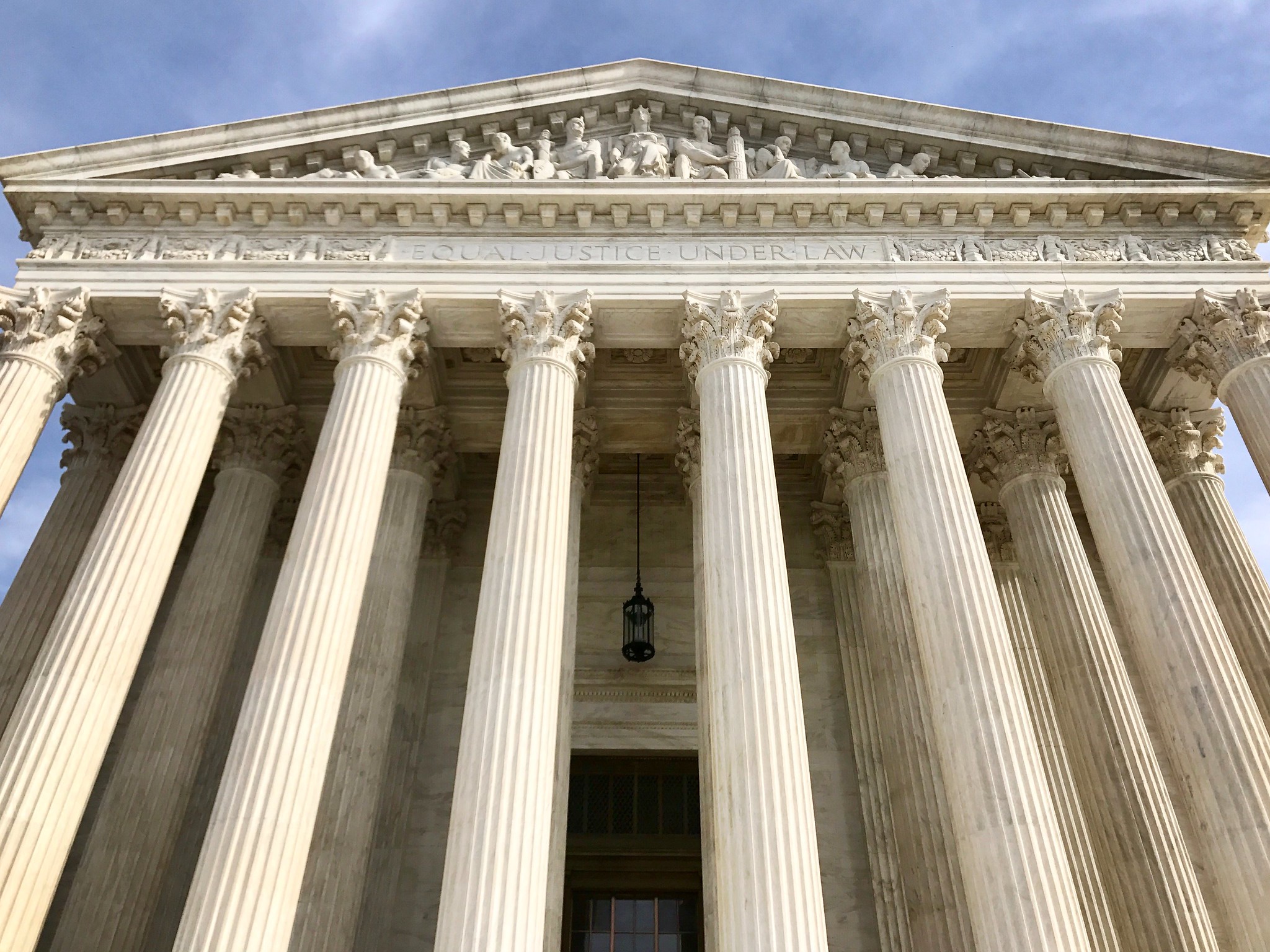What the US Supreme Court’s next term holds for the First Amendment

If you like this post, sign up to get The Nuance newsletter delivered straight to your inbox!
This past year, the U.S. Supreme Court’s docket was as crowded with First Amendment controversies as any term in modern memory. When the justices gather to kick off the next one at Monday’s “long conference,” things promise — at least for the freedoms of speech and the press — to be a bit quieter. But the Court still has before it petitions that raise important questions for members of the news media, if the justices can be persuaded to take an interest.
Going into Monday’s conference, the Court has just one First Amendment case slated for merits consideration: Free Speech Coalition v. Paxton, a challenge to Texas’s effort to impose age-verification requirements on any website “more than one-third of which is sexual material harmful to minors.”
Like many of the Supreme Court’s recent free-speech controversies, this one tests whether there are still five votes on today’s Court for past precedent on that issue (here, Ashcroft v. American Civil Liberties Union, which struck down a virtually identical age-verification requirement because of its burden on adults). And while the case by its terms will only address the distinctive First Amendment rules that govern sexual expression, the result will be watched closely by the growing number of regulators pushing age-gates for non-sexual speech online — a push, we’ve warned, that also threatens minors’ right to access the news.
Changing technologies could push other First Amendment issues onto the Court’s agenda, if the justices show an appetite for them. A growing crowd of petitions ask the justices to weigh in on the use of drone photography: In National Press Photographers Association v. McCraw, set for consideration on Monday, photojournalists are asking the justices to strike down new Texas rules that bar using drones for “surveillance” while exempting a number of favored professions — like academics or real estate brokers — but not the press. (The Reporters Committee has argued in friend-of-the-court briefs that the law’s broad and vague restrictions violate the First Amendment.) And in October, the Court will also weigh petitions from drone operators who challenge on First Amendment grounds state requirements that they obtain a surveyor’s license.
Perhaps the term’s most closely watched press-freedom petition, for its part, deals with the oldest analog tool in a reporter’s kit: the right to ask questions. As we’ve covered in this newsletter before, a startling decision of the U.S. Court of Appeals for the Fifth Circuit this year found that reasonable law enforcement officials could think the Constitution allowed them to arrest citizen-journalist Priscilla Villarreal for soliciting nonpublic information from a government source. (That decision badly divided the en banc court, with four fierce dissenting opinions from an ideologically diverse cross-section of the Circuit’s judges.) Villarreal has asked the justices to hear her case with the support of a staggering 13 friend-of-the-court briefs — including our brief on behalf of 21 news organizations, urging the Court to defend the press’s fundamental First Amendment right to ask questions. The Court will review that petition at its upcoming conference on Oct. 11.
Whether other press-freedom questions will catch the justices’ attention deeper into the term is anyone’s guess. More splits are sure to emerge: Already courts are beginning to sort through the meaning of last term’s blockbuster decisions on social media regulation, and the questions left open in those opinions could make their way back up before long. For now, though, October Term 2024 promises something of a break from this year’s pitched First Amendment battles.
Stay tuned for more.
The Technology and Press Freedom Project at the Reporters Committee for Freedom of the Press uses integrated advocacy — combining the law, policy analysis, and public education — to defend and promote press rights on issues at the intersection of technology and press freedom, such as reporter-source confidentiality protections, electronic surveillance law and policy, and content regulation online and in other media. TPFP is led by Policy Director Gabe Rottman. He works with RCFP Staff Attorney Grayson Clary and Technology and Press Freedom Project Fellow Emily Hockett.